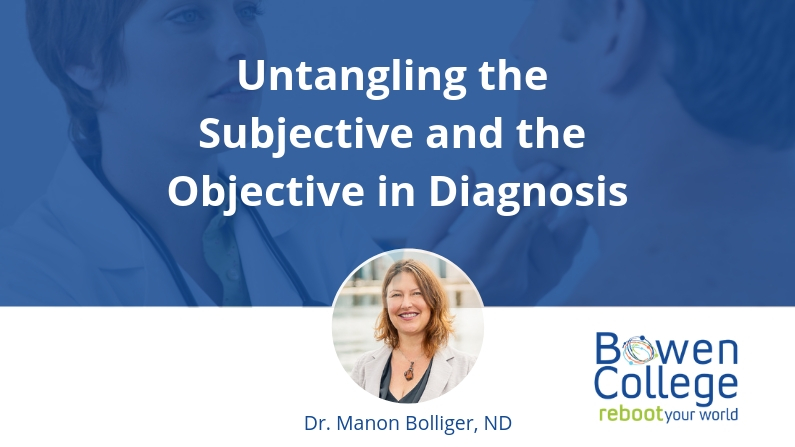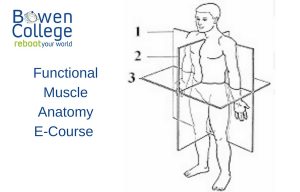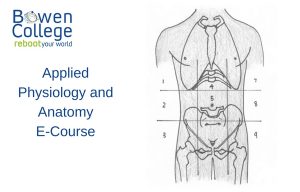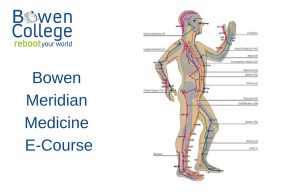In my last post I made the point that doctors who allowed their assumption of detached objectivity to blind them to the meaning of their patients’ objectives and objections were missing out on a valuable venue for recovering health.
The patients’ objections define the way they frame their experience and distinguish it from the elements that don’t belong in the subjective assessment of their own experience. If we’ve learned our lessons about the importance of the patient’s subjective meaning, this is an invaluable clue. For the doctor, it really comes down to being open and listening-observing and not believing anyone can be “objective.”
For those reluctant to go down this path, it is worth remembering that even the objective knowledge of science must begin with the subjective intuitions of the researcher. Human beings are by nature subjective. It is from where we all begin. Pretending otherwise is a recipe for conceptually going astray.
There is much to be gathered in the subjective rendition of the patient’s symptoms, as well as in their objectives and the objections.
In my next post I’ll look more closely at how doctors can find the patient’s objectives.









